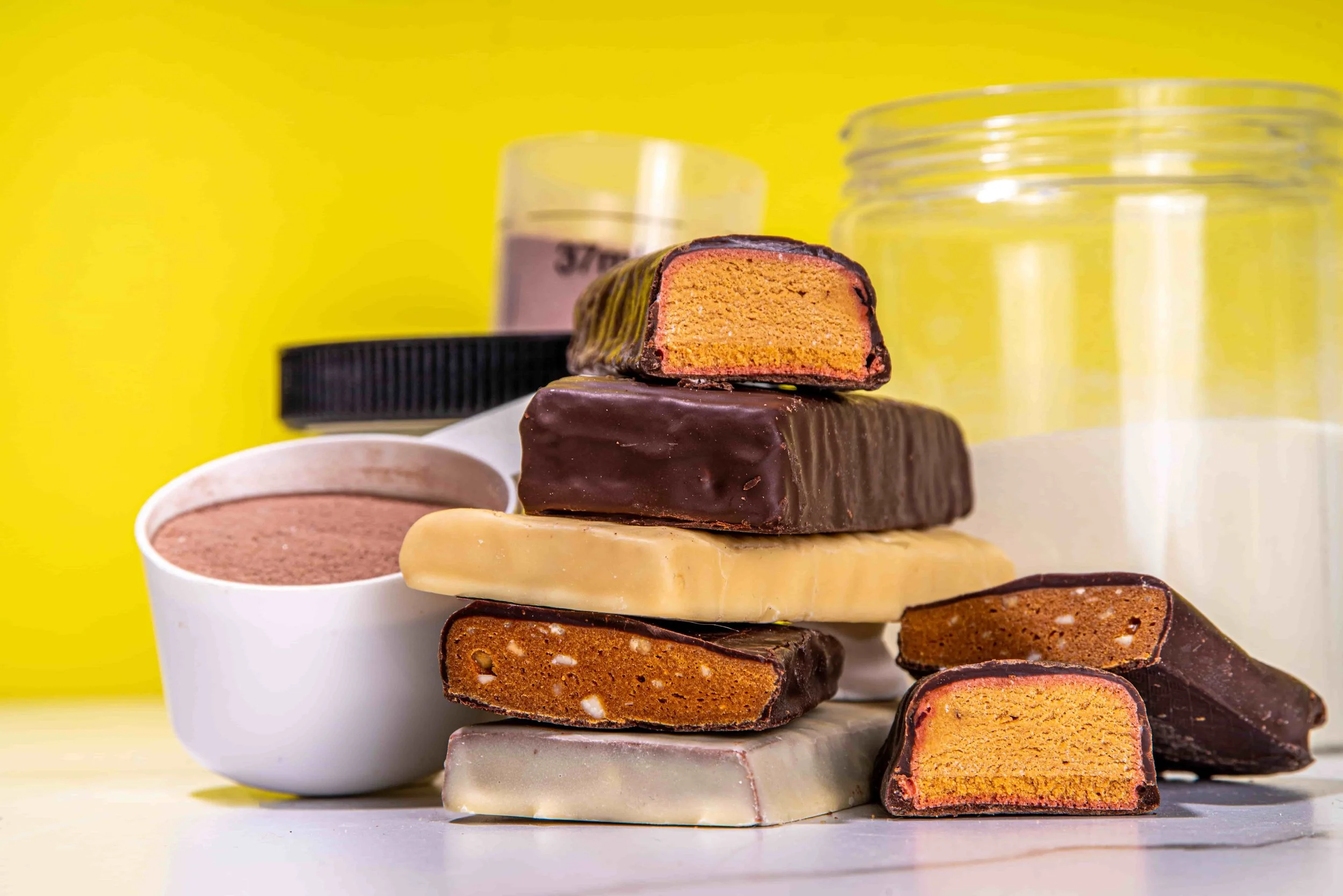Guide to Starting Your Own Snack Bar Brand in the UK
Where to start.
Are you passionate about creating delicious and nutritious snack bars? Do you dream of launching your own snack bar brand in the UK? Well, you're in the right place! In this blog post, we'll guide you through the essential steps and key considerations to kickstart your journey towards building a successful snack bar brand in the UK market. Let's dive in!
Identify Your Niche: To stand out in the competitive snack bar market, it's crucial to define your unique selling proposition (USP). Research existing brands, understand consumer trends, and identify a specific niche or target audience for your snack bars. Whether it's vegan, gluten-free, protein-packed, or focused on specific flavors, find the gap in the market and craft your brand around it.
Recipe Development: Developing a tantalizing recipe is the heart of your snack bar brand. Experiment with various ingredients, flavors, and textures to create a signature recipe that embodies your brand's identity. Consider using high-quality, natural ingredients, and strike a balance between taste and nutrition to meet the demands of health-conscious consumers.
Branding and Packaging: Create a captivating brand identity that resonates with your target audience. Design an eye-catching logo, choose a color palette that reflects your brand's personality, and develop a compelling brand story. Don't forget the importance of packaging – it should be visually appealing, informative, and functional, while aligning with your brand image.
Manufacturing and Partnerships: When it comes to manufacturing your snack bars, partnering with a reliable and experienced contract manufacturer can save you time, effort, and resources. Look for a manufacturing partner with a track record of producing high-quality snacks, flexibility to accommodate your unique recipe, and the capability to scale production as your brand grows.
Regulatory Compliance: Ensure compliance with UK food regulations and labeling requirements. Familiarize yourself with the Food Standards Agency (FSA) guidelines, allergen declarations, and nutritional labeling regulations. Adhering to these regulations will build trust with consumers and ensure your products meet the necessary safety and quality standards.
Distribution and Marketing: Develop a comprehensive marketing strategy to create brand awareness and drive sales. Utilize both online and offline channels to reach your target market. Establish relationships with retailers, health food stores, gyms, and online marketplaces. Leverage social media, influencer partnerships, and content marketing to engage with your audience and build a loyal customer base.
Feedback and Continuous Improvement: Listen to customer feedback and adapt your products accordingly. Encourage customer reviews, conduct surveys, and engage in social media conversations to understand their preferences and expectations. Continuously refine your recipes, packaging, and branding to stay relevant and meet the ever-changing consumer demands.
Conclusion: Starting your own snack bar brand in the UK can be an exciting and rewarding venture. By identifying your niche, developing a standout recipe, focusing on branding and packaging, and establishing reliable manufacturing and distribution partnerships, you can carve a successful path in the competitive market. Stay customer-centric, adapt to evolving trends, and keep innovating to build a beloved snack bar brand that delights consumers across the UK. Best of luck on your entrepreneurial journey!

